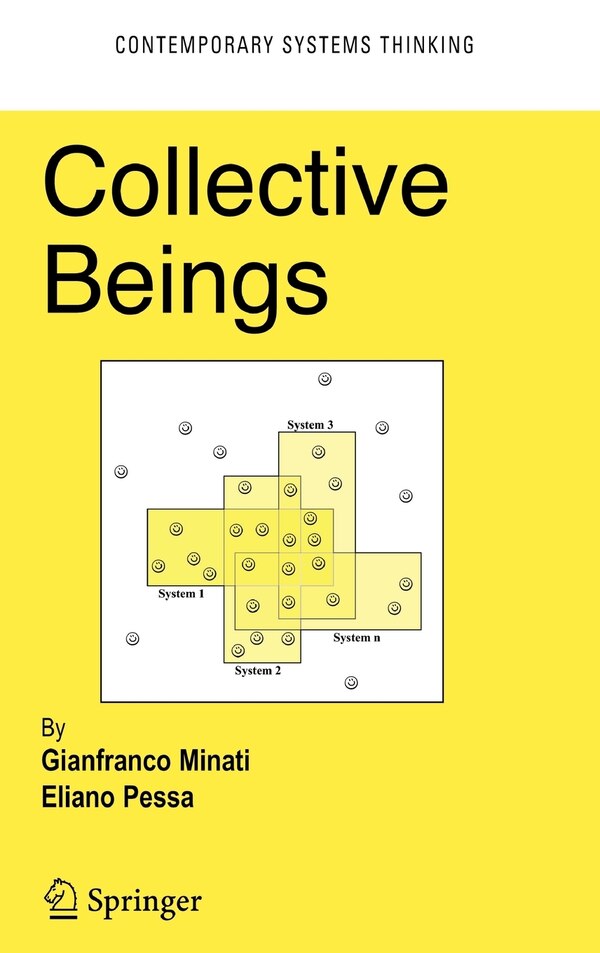
Choice Made Simple!
Too many options?Click below to purchase an online gift card that can be used at participating retailers in Village Green Shopping Centre and continue your shopping IN CENTRE!Purchase Here
Compare Collective Beings by Gianfranco Minati, Hardcover | Indigo Chapters
Gianfranco Minati
$248.50
Microscopic models 226 The intrinsic limitations of the theory of phase transitions 229 5. 3 Quantum Field Theory 230 5. 4 Spontaneous Symmetry Breaking 239 5. 5 Non-ideal models of emergence 249 5. 5. 1 Neural networks 250 5. 5. 2 Cellular Automata 261 5. 5. 3 Artificial Life 265 5. 6 The role of noise 273 5. 7 The relationships between traditional and non-traditional models 279 Chapter 6. The Role of Ergodicity 291 6. 1 Some definitions related to ergodicity 293 6. 1. 1 Ergodic 293 6. 1. 2 Disciplinary definitions 293 6. 2 Ergodicity and stationarity 300 6. 3 Ergodicity in Collective Beings 302 6. 4 Emergence, Collective Beings, and Ergodicity 306 6. 5 Further considerations 309 6. 6 Some remarks and possible lines of research 313 Chapter 7. Applications to Social Systems (1): growth, development, sustainable development and ethics 321 7. 1 Growth, Development and Sustainable Development 323 7. 1. 1 Representing Growth 324 7. 1. 2 Development 326 7. 1. 3 Managing for development 334 7. 2 Ethics 336 7. 2. 1 Ethics and Quality 340 7. 2. 2 Effectiveness and advantages of Ethics 342 7. 2. 3 Ethics for quality and effectiveness 343 7. 2. 4 Ethics and Globalization 346 viii Contents Chapter 8. Applications to Social Systems (2): systems archetypes, virtual systems, knowledge management, organizational learning, industrial districts 353 8. 1 Systems archetypes and collective beings 353 8. 2 Virtual systems 359 8. 2. | Collective Beings by Gianfranco Minati, Hardcover | Indigo Chapters













